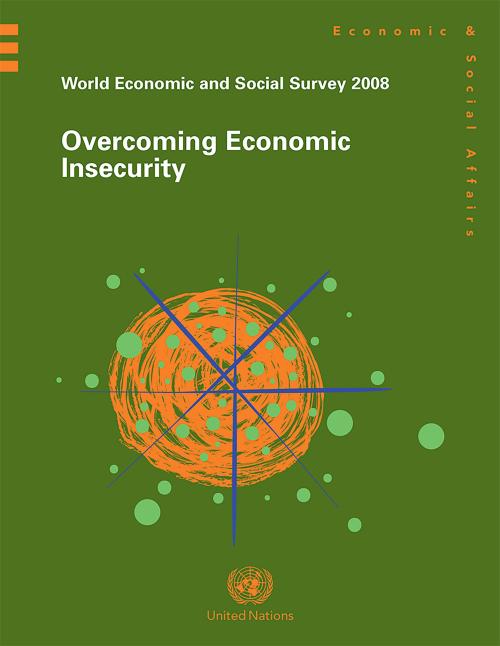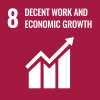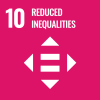According to the 2008 World Economic and Social Survey, economic insecurity arises from the exposure of individuals, communities and countries to adverse events, and from their inability to cope with and recover from the downside losses. The risk and threats vary from community to community; in advanced countries, they have been associated with a significant rise in inequality, a hollowing out of middle-class lifestyles and reduced welfare protection. Elsewhere, economic shocks and premature deindustrialization have raised fears of an insufficiency of the formal sector jobs needed to accommodate an expanding urban population. In still other places, food insecurity has given rise to political discontentment and increased levels of personal insecurity.
These local concerns have been compounded by new global threats. Unregulated financial markets and international capital flows are currently threatening economic livelihoods across the world economy. Climate change imposes the threat of greater local environmental damage and increasingly destructive natural disasters.
The attention brought to the presence of these heightened economic risks and compounded threats has often been met with the response that the forces behind them are autonomous and irresistible, and beyond our collective political control. The Survey offers a different perspective. What is needed is a strong "social contract" to help secure the spaces within which individuals, households and communities could pursue their day-to-day activities with a reasonable degree of predictability and stability, and with due regard for the aims and interests of others. This will require a more integrated and pragmatic approach to economic and social policy, one tailored to local threats and challenges, as well as more space for implementing counter-cyclical macroeconomic policies and greater international support for broader social protection schemes. It will also require a better link between approaches to local disaster management and development strategies, aimed particularly at the establishment of more diversified production structures for sustaining livelihoods in vulnerable countries. Dealing with economic insecurity in post-conflict situations requires radically different approaches to the provisioning of official development assistance and to the conduct of macroeconomic and social policies.
 Welcome to the United Nations
Welcome to the United Nations


